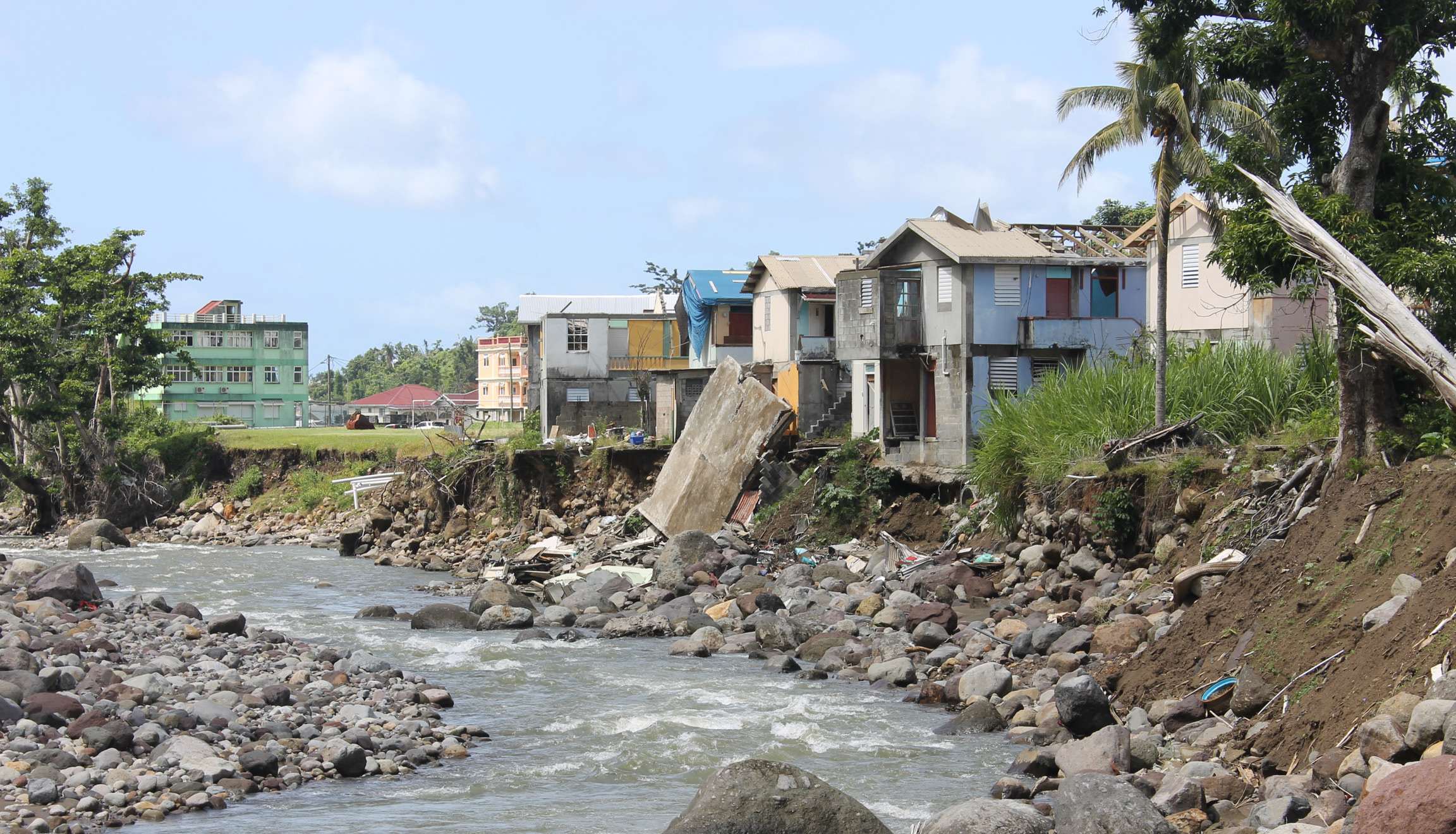Research
Research themes
Research in the department centres around three guiding themes:
- What causes risk and disaster?
Investigating the science, socioeconomics, and politics behind hazards, vulnerabilities, risks, and disasters, through measurement and modelling using multidisciplinary approaches ranging from anthropological to digital technologies.
- Primary data collection from the natural environment (earth, air and water)
- Primary data collection from social, economic, cultural, and political environments
- Construction characteristics and damage and loss metrics of housing and infrastructure.
- Modelling drivers of risk and disasters.
- What are the consequences of risk and disasters?
Understanding individual and multi hazards, cascading effects, vulnerability and risk, their interactions and dynamics, and implications.
- Use quantitative and qualitative data to assess loss, damage and wider impacts on people, sectors, communities, systems and the environment.
- Investigate the implications for economic development in the long and short terms.
- Analyse how risk and disaster are experienced differently based on a range of factors including socio-economic, demographic, governance, and historical, and pre-existing inequalities.
- Catalysing change
Innovative interdisciplinary application of techniques to improve disaster risk reduction, resilience, and humanitarian response management.
- Disaster risk management
- Supporting planning and anticipatory action
- Communicating risk
- Collaborative thinking and ideas
- Educating future leaders
Research areas
Collaborators
Research projects
Please see the themes above for details of current projects, or view a full list of ongoing and completed research projects undertaken in the Institute for Risk and Disaster Reduction.
Our researchers
All academic staff in the department undertake research, and we welcome visiting researchers from around the globe.
Find out more about the research experts in the IRDR on our People page and see their full bios on UCL Profiles.
Contact us
Please get in touch if you have any questions about our research or would like to collaborate.
Email: irdr-enquiries@ucl.ac.uk
 Close
Close








